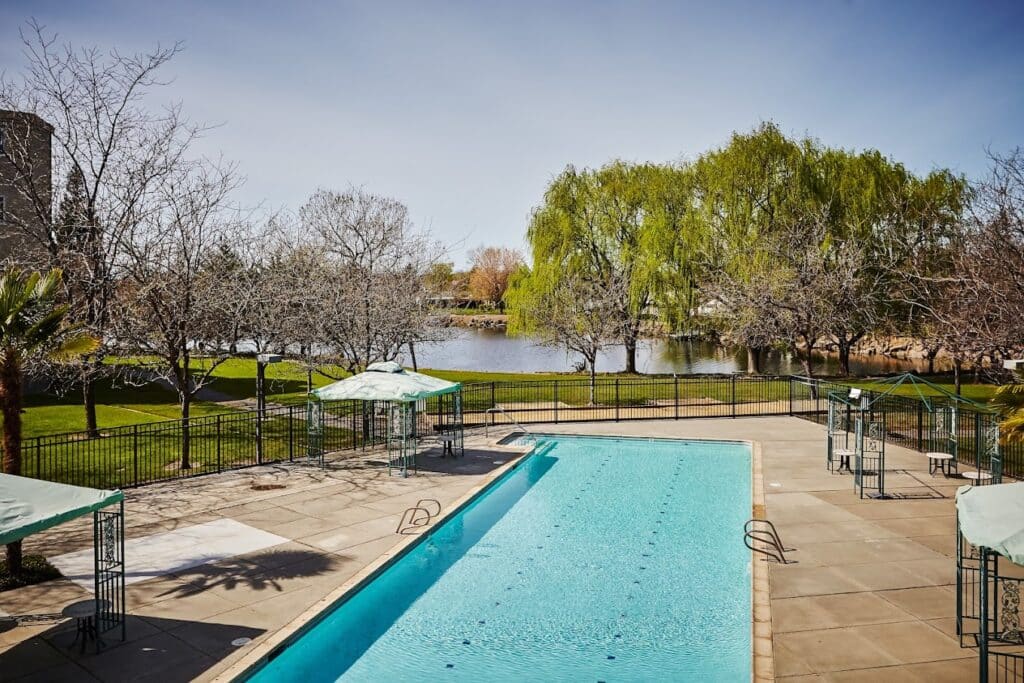When Is Assisted Living Not Appropriate? Know the Red Flags
Understanding when assisted living is not appropriate is essential for families evaluating care options. Assisted living provides tremendous benefits for many seniors, but it isn’t the right fit for everyone. When a senior’s needs exceed what these communities offer, alternatives may better support safety, health, and well-being.
Many families face the difficult transition from independent living to assisted living, unsure of what level of support their loved one truly needs. By identifying specific medical, behavioral, and cognitive red flags, families can avoid placing loved ones in environments where care may be insufficient. Let’s explore the circumstances in which assisted living may no longer be the appropriate choice.
High-Level Medical Needs and Specialized Care Requirements
A major indicator of that assisted living is not appropriate is when seniors require high-level or round-the-clock medical care. Assisted living communities are designed to help with daily tasks like bathing, dressing, or medication reminders, but not complex health interventions. Seniors with chronic illnesses that involve constant monitoring or specialized equipment need more advanced support.
In such cases, skilled nursing facilities are often the better choice. These settings offer 24-hour access to licensed medical professionals. If your loved one has recently experienced a stroke, advanced diabetes complications, or late-stage cancer, a higher level of care is necessary. Learn more about 24-hour specialized nursing care and how it supports complex needs.
The different levels of care in assisted living facilities do vary, but they do not extend to full medical care. Understanding these distinctions can guide better decision-making.
Behavioral Issues That Compromise Safety
Some seniors experience behavioral challenges that may make assisted living unsafe for them and others. These may include:
- Aggressive or combative actions
- Substance abuse or addiction issues
- Persistent wandering
- Inability to follow community rules
These behaviors can endanger residents and staff alike. When behavioral health needs exceed what a facility can support, it signals that assisted living is not appropriate.
Instead, explore behavioral care programs or memory care settings equipped for specific needs. Facilities focusing on these issues are often structured to reduce risks and improve quality of life. Building a strong support system that includes mental health professionals, caregivers, and safe environments is key.
Understanding the benefits of assisted living means also acknowledging its limitations. A supportive setting is only helpful if it matches the resident’s behavioral profile.
Advanced Cognitive Impairments and Memory Care Needs
Another situation in which assisted living is not appropriate is when a senior is experiencing significant cognitive decline. Dementia and Alzheimer’s disease, especially in advanced stages, require a highly structured and secure environment. Memory care facilities are specifically designed to meet these needs.
At a memory care facility, your loved one will benefit from:
- Staff trained in dementia support
- Personalized memory care plans
- Enclosed, safe areas to prevent wandering
Learn more about how personalized care plans improve outcomes for residents with cognitive impairments.
| Memory Care Facilities | Assisted Living |
| Trained dementia care specialists | General caregiving staff |
| Structured memory-enhancing activities | General wellness and recreational options |
| Secure environment for safety | Less secure open layout |
Cognitive testing and physician evaluations are critical in assessing whether assisted living is still appropriate or if memory care is the right step forward.
Minimal Support Needs That Can Be Met Elsewhere
On the opposite end of the spectrum, mostly independent seniors may not benefit from the structure and cost of assisted living. If a senior simply needs help with housekeeping, meals, or occasional errands, alternative support may be a better solution.
Some alternatives to consider:
- Independent living. A great option for active seniors wanting community without care services.
- Home care. Allows seniors to age in place with scheduled support.
- Meal and transportation services. Provide limited assistance while preserving independence.
For more insight, read about the different levels of care that best suit low-need seniors.
The transition from independent living to assisted living should be based on actual care needs, not assumptions. Misalignment can result in overspending and underwhelming support.

Financial Considerations and Caregiver Burnout
Families often ask: “Is it worth it?” Financial strain is another key factor that determines when assisted living is inappropriate. If your loved one’s needs don’t justify the cost, or if expenses would cause extreme caregiver stress, other care options may be preferable.
Let’s break down monthly averages:
| Care Type | Average Monthly Cost | Available Resources |
| Assisted Living | $4,000 | Support groups, case managers |
| Home Care | $3,500 | Respite care, in-home health support |
| Memory Care | $5,500 | Specialized programs and workshops |
| Adult Day Care | $1,500 | Community social programs |
| Skilled Nursing | $7,000 | Medical services and insurance assistance |
Explore financial assistance programs to help ease budget strain.
It’s also important to understand qualifications for assisted living, which vary by state. Placement might be denied or delayed if your loved one doesn’t meet these criteria. Reviewing these requirements beforehand helps avoid unexpected hurdles.
Understanding the Difference: Retirement Home vs Nursing Home
When weighing care options, families often compare retirement home vs nursing home models. Retirement homes offer independent living with little to no care, while nursing homes provide intensive medical support.
Assisted living sits in the middle, which is why understanding levels of care in assisted living facilities is essential. If your loved one needs daily nursing or can no longer manage basic self-care, a nursing home may be more appropriate.
External Resources:
- National Institute on Aging: Residential Facilities
- Alzheimer’s Association: Dementia Care Options
These tools can help you better distinguish the appropriate fit between care settings.
A Personalized Approach to Care Decisions
Each situation is unique. Transitions should never be rushed or based solely on convenience. Whether you’re navigating the shift from independent living to assisted living or assessing whether cognitive decline warrants a new setting, taking a personalized approach is critical.
Engaging healthcare professionals, understanding financial options, and acknowledging emotional impacts on the family can help guide your next steps. The benefits of assisted living are meaningful when the placement aligns with the senior’s real needs.
Your Loved One Deserves the Right Care, Not Just Any Care
Knowing when assisted living is inappropriate empowers families to make decisions prioritizing dignity, safety, and well-being. Whether it’s due to medical complexity, cognitive decline, or insufficient support needs, alternatives exist to meet your loved one where they are.
If you’re exploring options, Westmont of Chico is ready to support your journey. Call us at 530-767-3886 or schedule a visit here to explore how our community can best support your family with care and compassion.
Discover the level of care you or your family member requires. What Level of Care Do You Need?
Frequently Asked Questions
What is the minimum age for assisted living?
Most assisted living communities require residents to be at least 55 or 60 years old. However, age requirements can vary by state or facility. Some communities may make exceptions for younger individuals with disabilities who need daily support. It’s best to check with the specific community for their eligibility criteria.
What is the best age for assisted living?
The best age for assisted living depends on an individual’s health, independence, and care needs. Many residents move in during their late 70s to early 80s when they need help with daily activities, but still value autonomy. It’s important to plan early and choose assisted living before a major health decline. This allows for a smoother transition and a more enjoyable experience.
Which person would most likely qualify to live in an assisted living community?
A person who needs help with daily tasks, like bathing, dressing, or medication management, would likely qualify for assisted living. Residents should be mobile, either independently or with assistance, and not require 24/7 medical care. People with mild memory loss, arthritis, or mobility issues are often good candidates. Each community evaluates applicants based on individual needs and safety.
How long does it take for the elderly to adjust to assisted living?
Adjustment to assisted living can take a few weeks to a few months. Personality, health, and family support play a big role in the transition. Many residents begin to feel more comfortable as they make new friends and get involved in activities. Patience and regular visits from loved ones can ease the process.








